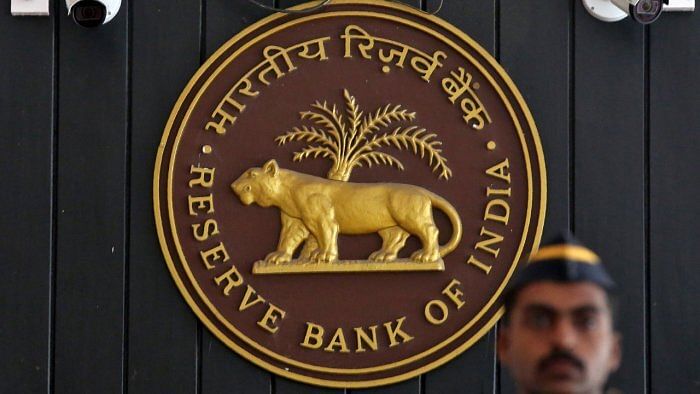
The Reserve Bank of India’s (RBI) Monetary Policy Committee (MPC) has again struck the right note by keeping the interest rates unchanged and sticking to its policy of withdrawal of accommodation. Since May 2022, the RBI has raised the repo rate six times, resulting in a total increase of 250 basis points, to peg it at 6.5 per cent. This was necessary to keep the soaring inflation in check. Inflation has been the biggest threat to the economy for many months, and the RBI, bound by its mandate to control it, had to use all its policy tools to fight it. Governor Shaktikanta Das has made this clear by stating that “the best contribution of monetary policy to the economy’s ability to realise its potential is by ensuring price stability.’’ Inflation was near 6 per cent, well above the target of 4 per cent for much of the last two years. It may have started easing but is still above the comfort level.
The MPC has projected CPI (consumer price index) inflation to be 5.1 per cent for the 12 months ending March 2024. There are likely to be fresh challenges leading to a worse inflation scenario in the coming months. Das has enumerated some of them. The forecast of a normal monsoon has been tempered by the possibility of the rise of El Nino conditions. The monsoon has started late and chances are that its spatial and temporal distribution could change. The uncertain global economic and political situation is another negative factor. There is volatility in commodity prices and financial markets are unstable. All these factors can make inflation estimates go haywire. The early results of the RBI’s survey of firms showed that they expect both input costs and output prices to harden. What all this shows is that it is not yet time to relax in the fight against inflation.
The RBI has kept its GDP growth projection for the current financial year unchanged at 6 per cent. Das claimed that the economy grew by 7.2 per cent in the previous fiscal. This is high growth when the global growth as such is low. Das has said that this was also because of the policies followed by the RBI. But it is certain that economic growth will face severe challenges in the coming months. The growth of credit has been slack because of high interest rates. Consumption and expenditure are also likely to remain depressed. Given the present circumstances, It will not be right to try to boost economic growth by adopting a more favourable monetary policy. This is because a high inflation rate will do much greater damage to the economy than a slow economic growth rate.